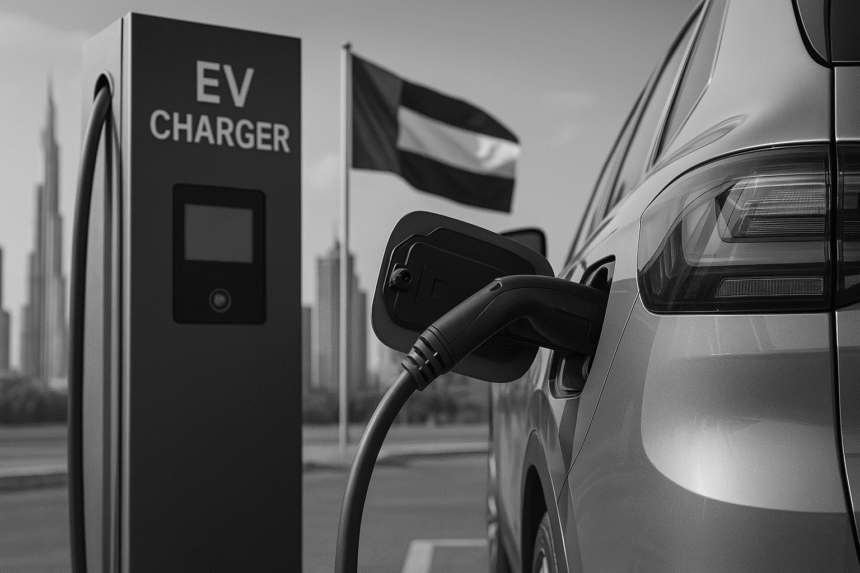EV Charger UAE Market: Volume, Pricing & Supplier Trends
The electric vehicle (EV) market in the UAE is witnessing significant growth, driven by government initiatives, increasing consumer demand, and advancements in technology. As the nation moves towards sustainable transportation, understanding the dynamics of the EV charger market becomes crucial for stakeholders.
Market Volume and Growth
The UAE’s EV charger market is expanding rapidly. According to recent reports, the market size is projected to grow at a compound annual growth rate (CAGR) of 15.8% from 2019-2025. This growth is attributed to the government’s efforts to promote electric mobility and the increasing adoption of EVS by consumers, 6Wresearch
Pricing Models
The UAE has introduced standardized EV charging tariffs to streamline the charging process and encourage EV adoption. As of January 2025, the tariffs are set at AED 0.7 per kWh for AC charging and AED 1.2 per kWh for DC charging. These rates aim to provide clarity and consistency for both consumers and charging service providers. Finance WorldZawya
Supplier Landscape
The UAE’s EV charger market comprises a mix of international and local suppliers. Key players include:
-
ABB: A global leader in electrification and automation, offering a range of EV charging solutions.
-
Siemens: Provides smart charging infrastructure and services tailored to the UAE market.
-
Tesla: Operates a network of Superchargers, primarily for Tesla vehicles, enhancing the EV ecosystem.
-
CATEC: A local company contributing to the development of EV charging infrastructure in the region.
These suppliers are actively collaborating with government entities and private sectors to expand the charging network across the UAE.
Local Challenges
Despite the positive outlook, the EV charger market in the UAE faces several challenges:
-
High Installation Costs: The initial investment for setting up charging stations, especially fast chargers, remains substantial.
-
Grid Capacity: Ensuring the electrical grid can handle the increased load from widespread EV charging is a concern.
-
Consumer Awareness: Educating the public about the benefits of EVs and the availability of charging infrastructure is ongoing.
Addressing these challenges requires coordinated efforts between the government, utility providers, and private enterprises.
Import and Export Trends
The UAE primarily imports EV charging equipment, with major suppliers from Europe, China, and the United States. The government is exploring opportunities to develop local manufacturing capabilities to reduce dependency on imports and foster domestic innovation.
Conclusion
The EV charger market in the UAE is poised for significant growth, supported by favorable government policies, increasing consumer interest, and technological advancements. While challenges exist, the collaborative efforts of stakeholders are paving the way for a robust and sustainable EV charging infrastructure



Leave a Reply